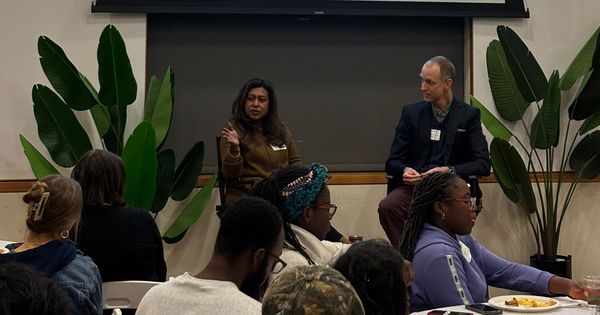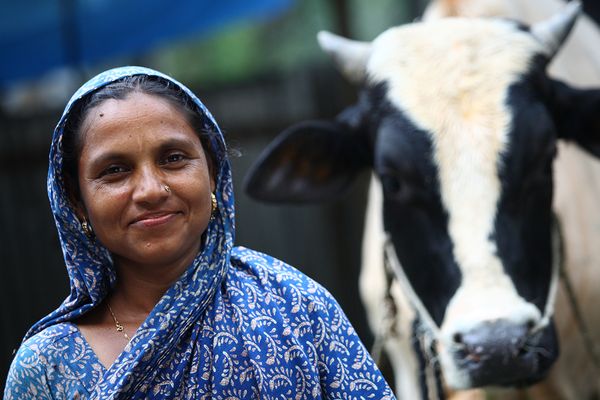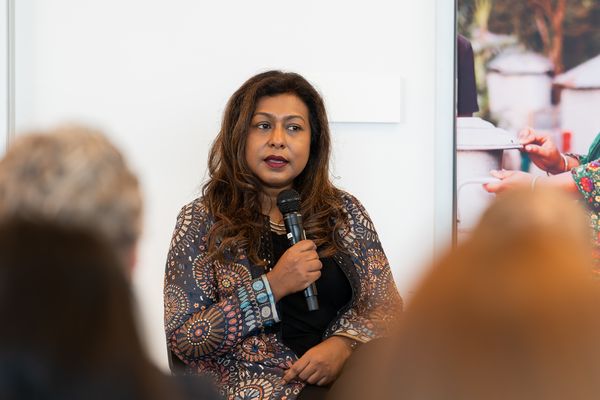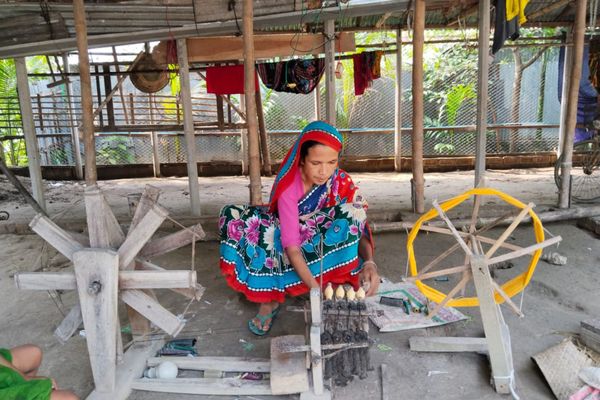On November 19, Tamara Hasan Abed, Managing Director of BRAC Enterprises, sat down with Professor Charles (Chuck) Eesley at Stanford University’s King Center on Global Development for a frank discussion about BRAC's 12 social enterprises and the sustainable, impact-first growth they help fuel. A selection of her remarks follow:
“With social enterprise, we’re looking at how someone can find a sustainable livelihood they can rely on, one their families can grow and depend on. This is an important lens of a social enterprise problem versus a development problem.
“You need to be patient in the beginning, and work through early challenges to crack your model. Make sure the problem you’re trying to solve isn’t just local or unique, but one that persists across multiple communities. This is vital for scaling solutions for the greatest impact and for reaching financial sustainability.
"Learn. Problem solve. Iterate. Find your model, and smooth out your roadblocks. That’s the experience you get out of being so hands on. You know the sector so well that it will help you to scale eventually.
"The fortune is at the bottom of the pyramid. We at BRAC don’t look to people at the bottom of the pyramid as consumers for our products, but rather as producers — whether they’re farmers or producing other goods. We look at how people can create sustainable livelihoods.
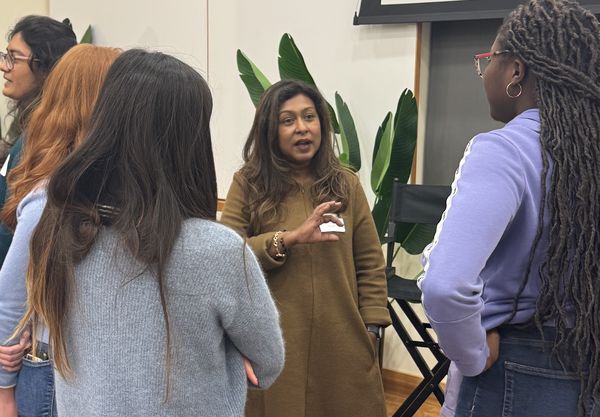
Tamara also reflected on the role of universities. “They’ve done well encouraging people to become entrepreneurs in technology — but what they need to do better is engage with the entrepreneurs who truly hold up our economies. These are micro-entrepreneurs: the woman making small goods in her workshop, the mom-and-pop shop owners. Micro entrepreneurs in Asia and Africa make up 80% of our economies, yet they’re often overlooked.
“I see a huge role for social enterprises going forward. Traditional corporations are under pressure to do more good for the community, and there are intractable problems that grants alone can’t solve. It will have to be some form of social enterprise that takes those on.
“Social enterprise needs more patient capital. And sometimes, to start, they need grant funding before they can grow and become fully independent.
When asked when students should get engaged with social enterprise, Tamara didn’t hesitate: “If you’re ready to do what it takes, and you’re really passionate about it — then jump right in.”
